Vietnam: What are the things that high school students are not allowed to do? How are high school students disciplined for violating rules?
What are high school students prohibited from doing? How are high school students disciplined for violations?
According to Article 37 of the lower secondary school, upper secondary school and multi-level school charter issued together with Circular 32/2020/TT-BGDDT of the Ministry of Education and Training of Vietnam, prohibited acts for students include:
- Disrespect the dignity, honor or bodily integrity of teachers, officials and staff of their schools, other people and other students.
- Act dishonestly in learning, examinations or admission process.
- Buy, sell or use alcohol, tobacco, drugs, other stimulants, firecrackers or explosives.
- Use mobile phones and other devices in class for purposes other than learning and without the teacher's permission.
- Fight or disrupt public or school order or security.
- Use or exchange cultural products that incite violence or contain indecent materials; use toys or play games that impede their own healthy development.
- Students shall not commit other prohibited acts provided for by regulations of law.
According to Article 38 of the lower secondary school, upper secondary school and multi-level school charter issued together with Circular 32/2020/TT-BGDDT, reward and discipline are prescribed as follows:
Reward and discipline
1. Teachers, secondary schools and education authorities shall reward students with learning and training achievements in the following ways:
a) Commend them in front of the class or the whole school.
b) Grant them titles for students according to regulations.
c) Grant certificates and certificates of merit to students with outstanding achievements or exceptional improvement in learning or emulation movements and competition winners according to regulations and with permission from the Ministry of Education and Training.
d) Other ways to reward.
2. Students making a mistake during the learning and training process shall be corrected or disciplined in the following ways:
a) Give the student a reminder, directly support them in correcting their mistake.
b) Reprimand the student, inform the student’s parent(s) to have the parent(s) cooperate in supporting the student in correcting their mistake.
c) Suspend the student’s study at school for a definite period and take other correcting measures according to regulations from the Ministry of Education and Training.
Thus, students who violate will be disciplined through the following forms:
- Give the student a reminder, directly support them in correcting their mistake.
- Reprimand the student, inform the student’s parent(s) to have the parent(s) cooperate in supporting the student in correcting their mistake.
- Suspend the student’s study at school for a definite period and take other correcting measures according to regulations from the Ministry of Education and Training.
Depending on the severity, students violating prohibitions will face appropriate disciplinary measures.
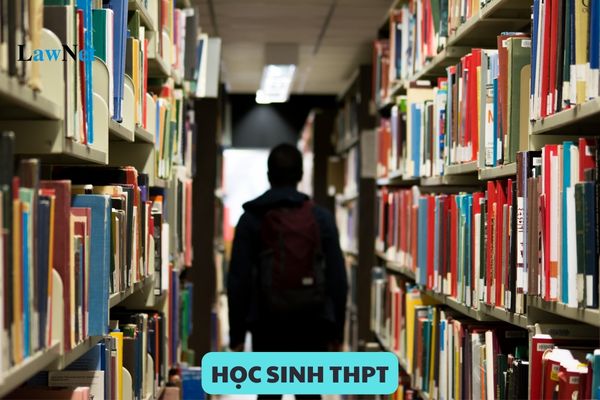
What are high school students prohibited from doing? How are high school students disciplined for violations? (Image from the Internet)
What rights do high school students have?
According to Article 35 of the lower secondary school, upper secondary school and multi-level school charter issued together with Circular 32/2020/TT-BGDDT, high school students have the following rights:
- Receive comprehensive education with fairness, be provided with time, facilities, hygiene and safety to learn in class and self-learn at home, be informed of their education and training, and be able to use learning, cultural and sport equipment of their schools as per the law.
- Receive respect, protection and fair and democratic treatment, complain to their schools and education authorities about decisions concerning themselves; transfer school with legitimate reason as per existing regulations; enter school before the compulsory starting age, skip a grade and study at an age higher than the compulsory attendance age according to regulations in Article 33 of this charter.
- Participate in activities for development of their gifts in academic subjects, sports and art organized by their schools if able to.
- Students eligible for social benefits, disadvantaged students and gifted students may receive sponsorship or other benefits as per the law.
- Transfer school if eligible according to regulations following school transfer procedures stipulated by the Minister of Education and Training.
- Enjoy other rights as per the law.
What are manners and attire of high school students?
According to Article 36 of the lower secondary school, upper secondary school and multi-level school charter issued together with Circular 32/2020/TT-BGDDT, students must have appropriate, respectful, friendly and cultured manners and language that suit the moral values and lifestyle of secondary school students.
Besides, student’s attire must be proper, clean, tidy, appropriate for their age and convenient for learning and other activities at school. Depending on the capacity of each school, the school principal may decide whether to let students wear uniform and seek approval from the parent committee of the school.
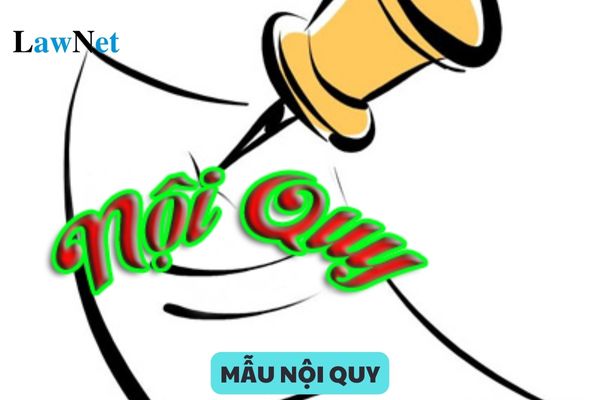
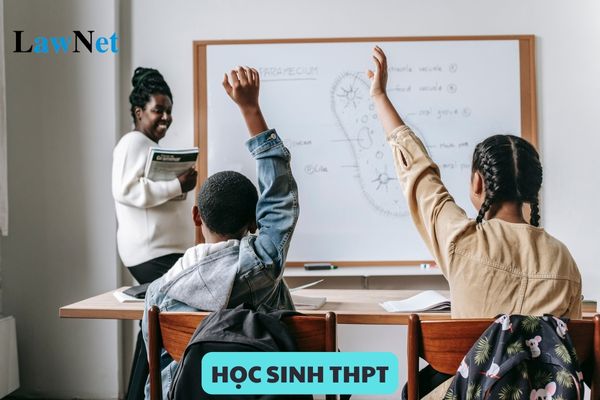
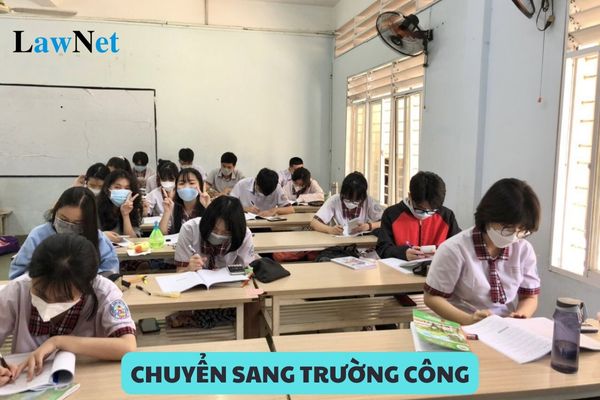
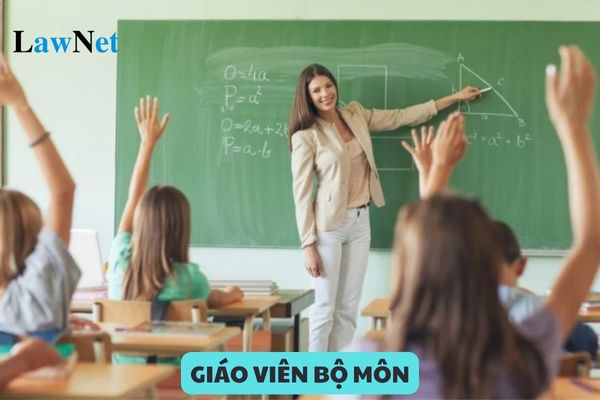

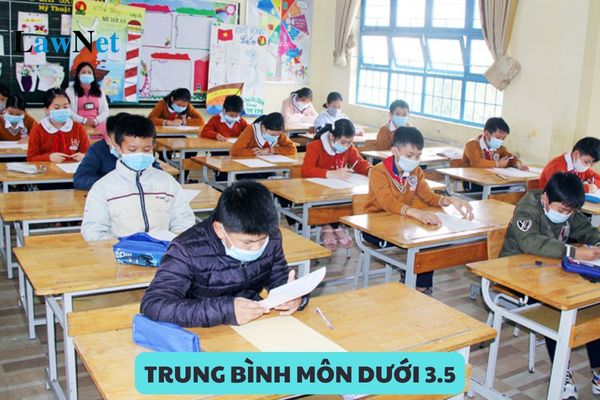
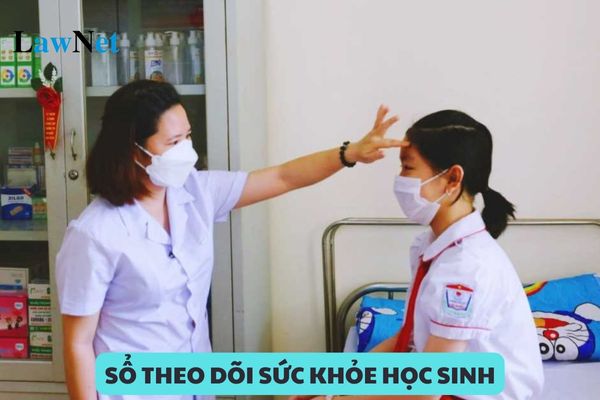
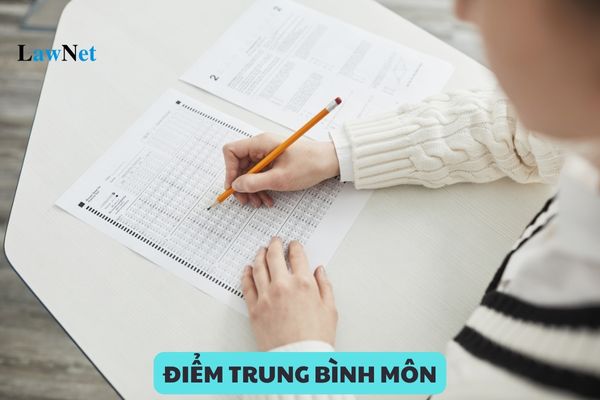
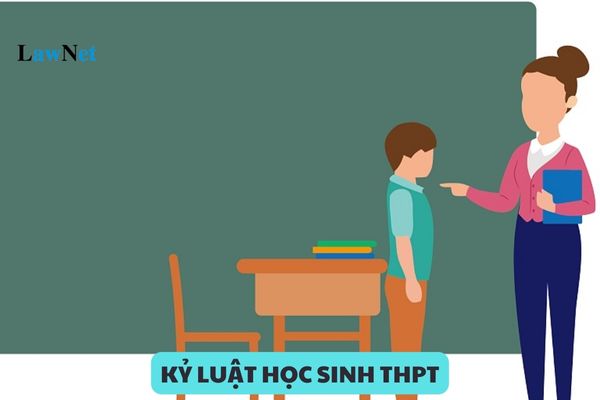
- After completing higher education in Vietnam, what english proficiency requirements must students meet?
- What are the specific objectives of higher education in Vietnam?
- Vietnam: What are the responsibilities of higher education institutions in scientific research activities of students?
- Vietnam: What are the cases in which the degree classification of post-secondary students will be lowered? What are the conditions for post-secondary graduation?
- Vietnam: Are lower secondary school students with Unqualified training results for the whole school year required to undergo training during summer break at school?
- Vietnam: What are the 10 core competencies of primary school students according to the 2018 General Education Program?
- Vietnam: Will primary school teachers acting as homeroom teachers be eligible for reduction of teaching lessons?
- Vietnam: What are the conditions for consideration for rank promotion to the professional titles of teachers?
- Vietnam: What is the course timelength in post-secondary and college programs?
- Vietnam: Do lower secondary school students have the right to dye their hair during a school year? Is dyeing hair during a school year prohibited act for lower secondary school students?

